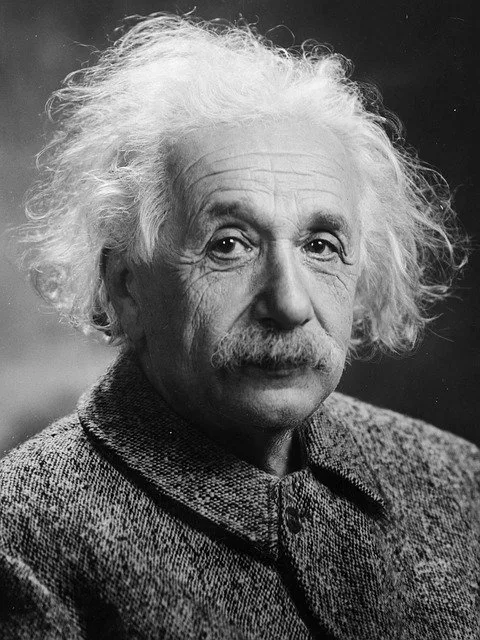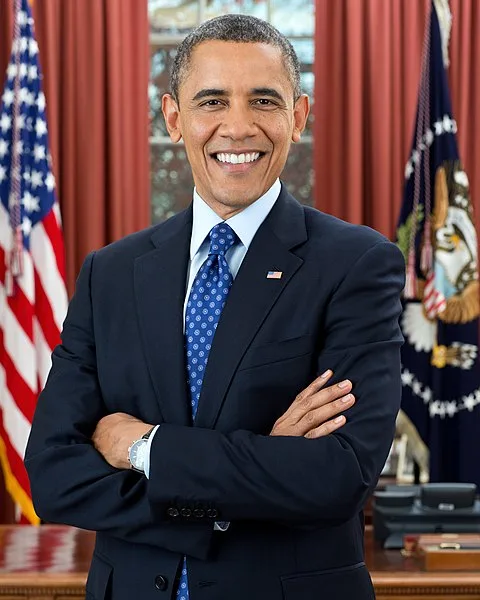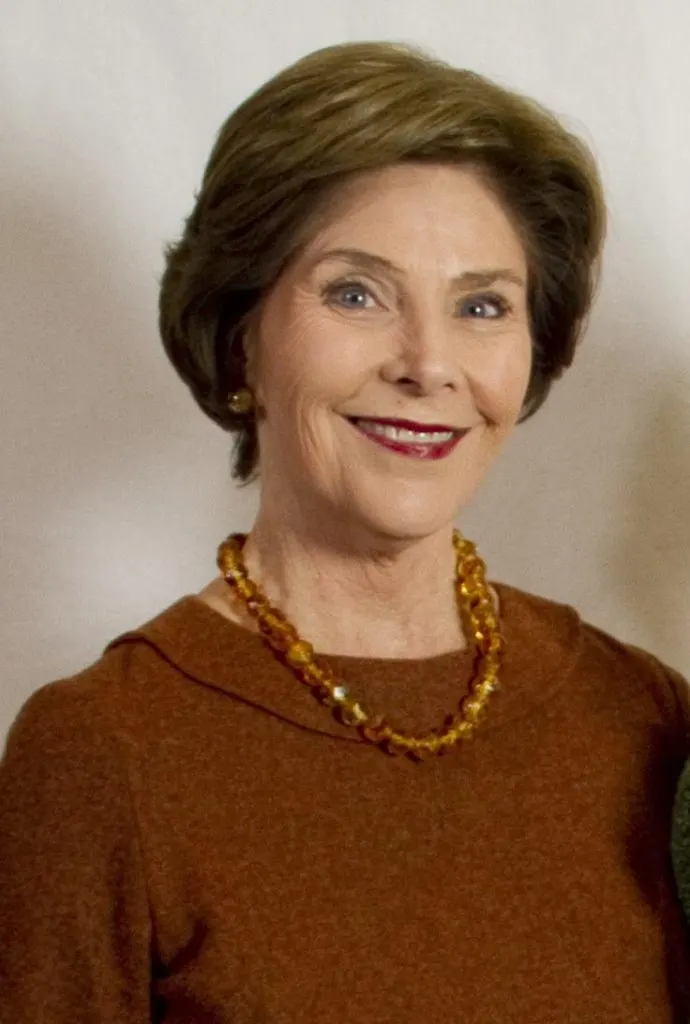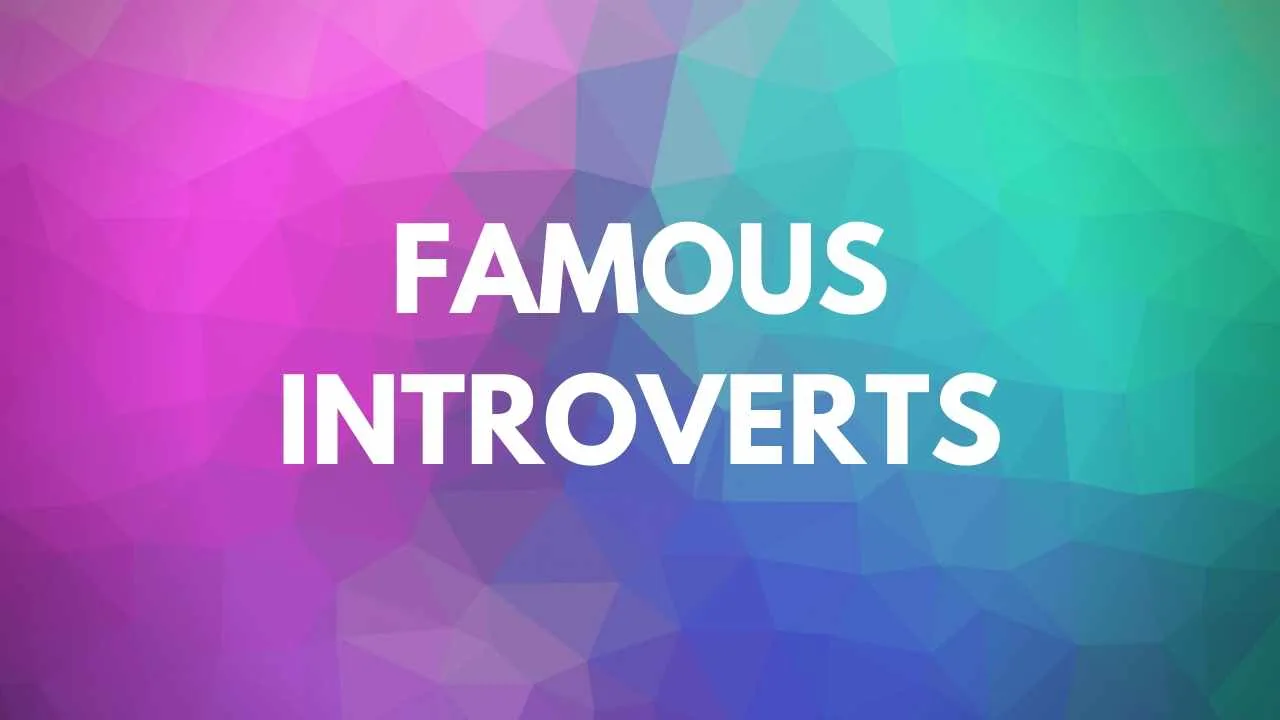Introverts make up between 25-40% of the population, with the lower end of this estimate speaking for ‘true’ introverts and the higher end for those with strong traits of introversion; personally, I sit somewhere in between!
As the extroverts among us tend to be much more vocal than us introverts, it can sometimes feel like being introverted is a negative thing and that the sole path to career and life success comes with extroversion.
I’m here to tell you this isn’t true.
In this article, I’m going to take you on a deep dive into the world of introversion.
We’ll recap the key characteristics of an introvert, as well as highlighting the different types of introvert you may encounter.
Lastly, and probably most importantly I’m going to highlight some famous introverts that prove that being introverted can be a superpower and not a limiting factor.
There’s so much that introverts and extroverts alike can learn from these famous figures if only we take the time to listen to their valuable messages.
Introverts: A Recap
I’ve written multiple articles about introverts that you can explore, but here’s a quick recap. An introvert is someone who gains energy from introspection and time alone and expends energy during social interactions.
Extroverts are simply the reverse; social interactions restore their energy levels while time alone depletes them.
Not everyone sits wholly in the introvert nest or extrovert clan, however. Some individuals can shift between introversion and extroversion and are known as ambiverts.
While there are plenty of misconceptions about introverts being aloof, awkward, or anti-social; introverts can be identified by the following positive traits:
Introverts…
- Can adapt and make quick but informed decisions
- Don’t tend to feel lonely when on their own
- Can focus deeply on tasks and are hard to distract
- Can be more independent
- Tend to have fewer friends but a deeper connection to everyone in their friend group
- Are great listeners
- Need alone time to recharge after social interactions
- Tend to prefer indirect contact such as texting
- Tend to be calmer than extroverts
- Are in their social element when interacting one-on-one
- Tend to think before they act
- Can see the bigger picture in most situations
The Different Types of Introverts
1. Social Introverts
Social introverts can often be seen as shy or even sometimes anti-social, but this isn’t true.
Social introverts simply enjoy different types of social interactions. Social introverts are happiest alone or with a single friend in their home.
In times of outdoor interactions, social introverts thrive in small groups of their nearest and dearest.
While social interaction doesn’t trigger an anxiety response for the social introvert they will become drained very quickly in large crowds and busy social settings such as parties.
After a social interaction, social introverts need time alone to recharge.
2. Introspective Introverts
Often confused with thinking introverts, introspective introverts like to look within. They are attuned to their inner feelings and know their mind well.
Introspective introverts can get lost in their own rich fantasy world, allowing for imaginative and creative insights that can be applied to their day-to-day life. Because of this, introspective introverts digest media differently than others.
After finishing a book or film they may become pensive and withdrawn as they mull over their experiences.
Some may see introspective introverts as having their head in the clouds.
3. Restrained Introverts
Some people read like an open book, but getting to know a restrained introvert takes time.
This type of introvert may often seem mysterious, aloof, or overly serious, but they’re actually thinking each action or word through before they act.
Restrained introverts like to take their time, unlike some other introverts they don’t make decisions quickly and tend to move at a slower pace which can make them frustrating to hyper-extroverted people.
4. Thinking Introverts
Thinking introverts are quite similar to introspective introverts, however, their pensive nature is not solely directed to themselves or their place in the world, but the world at large.
Thinking introverts don’t mind being around other people as social or anxious introverts might. Thinking introverts are masters of evaluation and facts.
They use their ability to see the bigger picture to make well-considered and effective solutions to life’s problems.
Similar to introspective introverts, thinking introverts can digest media differently.
Instead of imagining or exploring the world in a book in their mind like an introspective introvert might, thinking introverts tend to break down a book and reconstruct it in a variety of different ways so that they can appraise it from all angles.
5. Anxious Introverts
Anxious introverts find social gatherings more than just draining. They find it a trigger for anxiety and therefore like to avoid social settings as much as possible.
They’d much rather have a few friends over to watch a movie than going out to see a movie in the cinema due to the anxiety they can experience in the outside world.
Anxious introverts are hyper-aware of themselves and can be self-conscious and lack confidence.
Anxious introverts tend to need to be built up by a caring group of friends, and may also need intervention from a professional to help them to understand their proclivity and overcome its more negative aspects.
Famous Introverts And The Amazing Lessons You Can Learn From Them
You may think that introversion and fame are the complete antitheses of each other. For some introverts, this is the case, but others have learned how to shape their introverted nature to suit being in the public eye.
They have taken the time to pinpoint what makes them tick and have come up with their own system to ensure their energy levels are not excessively depleted.
There’s so much to learn from these famous introverts aside from what they have outwardly taught the world.
By looking at their achievements and understanding the ways they have learned to thrive we can apply this knowledge to our own lives and achieve our full potential.
1. Albert Einstein

World-renowned scientist Albert Einstein is the perfect fusion of an introspected and restrained introvert.
While the historical data differs, biographers confirm that Einstein was a late speaker, leading to the coining of the term ‘Einstein Syndrome’ to highlight bright people who experienced delayed speech in childhood.
Einstein spent his time looking introspectively and exploring his mind, leaving him, at least in his early life, as a person of few words.
By taking the time to think things through before acting, and taking time to understand his mind, Einstein was able to come up with ideas that changed the world, such as his Theory of Relativity.
Einstein was a self-confessed loner but used his introspective knowledge and self-awareness to avoid the pitfall of loneliness that many restrained introverts can fall into.
The following quote exemplified the insightful knowledge that Einstein gained from looking within:
Although I am a typical loner in daily life, my consciousness of belonging to the invisible community of those who strive for truth, beauty, and justice has preserved me from feeling isolated.
Einstein’s Lesson
Albert Einstein teaches us to spend more time thinking and less time speaking. When we pause before we speak we have time to add meaning to our words and open the door to both listen and learn.
The Takeaway
Of course, thinking too much can cause your insight to be left unspoken; it’s all about balance.
However, as we’ve learned through our investigations into the world of introversion, many types of introverts thrive when given the time to think before they speak or make a decision.
With the hustle and bustle of 21st-century life, this need can be overlooked, leading to snap decisions that may still be effective but might not be as successful as those which have some thought behind them.
Next time you’re faced with a decision consider your gut instinct for longer than the split-second it takes to blurt it out. You may be surprised at what you learn.
2. Bill Gates

Image source: http://www.dts-nachrichtenagentur.de/kostenlose_bilder.php
Founder of Microsoft and well-known philanthropist Bill Gates is a thinking introvert.
He has used his intellect to appraise his introverted nature from all angles and has learned the strengths and weaknesses of his nature as evidenced in this quote:
I think introverts can do quite well. If you're clever, you can learn to get the benefits of being an introvert, which might be, say, being willing to go off for a few days and think about a tough problem, read everything you can, push yourself very hard to think out on the edge of that area.
This quote shows that Bill Gates has used his thinking introvert abilities to pick apart the strengths of his nature.
By being able to identify that he works best on complex problems alone, Gates can ensure that he has the systems in place that allow him to work to the best of his ability.
Bill Gates has also used his understanding to craft his career. As we discovered, thinking introverts are fact and detail-oriented, so by becoming a pioneer of technology Gates has chosen a career pathway perfectly suited to his skills.
Bill Gates’ Lesson
Bill Gates teaches us that many of the answers we seek our found within.
By taking the time to learn from our nature instead of trying to suppress or overwrite it, we can increase our confidence and live a fulfilled life.
By taking the time to look within and figure out the unique way that we tick we can pinpoint our strengths and bring them to the forefront of all that we do.
The Takeaway
Bill Gates teaches us that we can be the source of many of the answers we seek. Oftentimes we spend so much time looking for the answers out in the world; such as through the example of others or experiences gained, that we forget to look within.
Looking within helps us to increase our self-awareness and self-confidence. This strength gives us the ability to make decisions with confidence.
Therefore next time you’re faced with an external dilemma, take some time to look within and you may find the answer reveals itself.
3. Emma Watson

Image source: https://commons.wikimedia.org/wiki/File:Emma_Watson_Cannes_2013_2.jpg
Actress and motivational speaker Emma Watson is a social and anxious introvert.
In the media, she is viewed as having a ‘clean image’ as she isn’t a party animal, but Watson is the first to say of herself that she’s no angel, she simply doesn’t find the party scene all that interesting.
Watson admits that she also finds busy social events anxiety-inducing and needs to take breaks when in social settings:
The truth is that I'm genuinely a shy, socially awkward, introverted person. […] It's too much stimulation for me, which is why I end up going to the bathroom! I need time outs! I get anxious. I'm terrible at small talk and I have a ridiculously short attention span.
So if Watson struggles so much with social interactions, how has she found success as an actress or motivational speaker?
Introversion within social settings gives introverts the perfect opportunity to people watch.
Introverts can still engage socially while on the sidelines and Emma has used this to learn about human nature and human interaction on a deeper level.
She uses this knowledge to add authenticity to her acting roles and can connect meaningfully with others during her motivational speeches.
Emma’s Lesson
Emma Watson teaches us the importance of forming deep connections with others.
When we truly get to know a person we not only form a stronger bond but are also rewarded with valuable insights and knowledge that we wouldn’t have known if we hadn’t taken the time to look a little deeper.
Emma has also learned how to handle unavoidable social events. By taking time away from the situation (such as a moment in the WC!) Emma can prevent herself from becoming overwhelmed.
Emma can break down crowds into smaller social groups which she can interact with on a more personal level that delves deeper than small talk.
The Takeaway
It is unrealistic to avoid all social gatherings and instead of burying your head in the sand, you should instead turn your attention to ways in which you can not only survive but thrive in said social situations.
Take breaks on the sidelines, in the WC, or outside during the event to allow your emotions, energy, and anxiety to level out.
Channel your inner Emma and view the event not as a whole but as smaller groups of people interacting in the same space. This will help you to tackle social interaction and networking like an extroverted pro.
4. Barack Obama

Image source: https://www.flickr.com/photos/whitehouse/8390033709/
You’ve probably done a double-take at seeing this name on the list, but yes, even Presidents of the USA can be introverted!
Barack Obama wasn’t free from criticism (no president ever is), but his introverted nature was often critiqued by his opposition who found him aloof.
Instead, however, Barack Obama can be viewed as both a social and introspective introvert which is highlighted by historian Doris Kearns Goodwin;
He seems to be somebody who is at home with himself.
So how can a leader of an entire nation use their introversion as a pathway to success?
Instead of trying to suppress his introverted nature, Obama not only recognized his need for solitude but made time in his busy schedule to work alone.
Every day after sharing an evening meal with his family, Obama would retreat to his private office for between 4 and 5 hours.
He would use this time effectively, whilst recharging his energy reserves by reading, browsing apps, and watching sport, he would also work on tasks that required his complete attention.
He used his solitude to look within to find answers to challenging topics and write speeches that truly resonated with the American people.
Obama’s Lesson
Obama teaches us several things. Firstly introversion isn’t something that can be suppressed. Instead, it should be recognized and actively incorporated into our day-to-day lives to better our personal well-being and also the well-being of others.
Secondly, Obama teaches us that we can find great sources of inspiration when we look within ourselves and listen to our own voice.
The Takeaway
If the President of the United States can carve out alone time and the time to practice self-care each day, then so can you! No one should ever be too busy to look after their basic needs.
If you feel like you never have time, take the time to go over your schedule.
Is there anywhere that you’re wasting time or spending too much of your free time working? With a few adjustments you’d be surprised at the time you can make to care for your introverted needs.
5. Laura Bush

Image source: https://www.flickr.com/photos/55218980@N03/8191762644
Former First Lady Laura Bush doesn’t fit completely into any of the different introvert types and is instead the perfect example of a person with strong introverted qualities.
She also highlights how introverts and extroverts can perfectly balance each other both in life and love as her husband George Bush Jr. is a well-known extrovert.
She spoke of their differences at a dinner in 2005:
George and I are complete opposites, I'm quiet, he's talkative. I'm introverted, he's extroverted.
While some introverts and extroverts do not see eye to eye, other introverts can find that an extrovert is the yin to their proverbial yang.
In the case of Laura Bush, it seems that George brings fun and energy to her life, preventing her from falling into the introverts’ pitfall of seclusion.
In turn introvert Laura was able to have a positive impact on her husband’s life, providing a calming and steadying influence in times where George may have been overzealous or over-excited.
Laura and George Bush have also been able to navigate some of the challenges of being an introvert/extrovert couple. Oftentimes due to their more vocal and energetic nature extroverts can overshadow introverts.
While Laura’s positive influence was largely enacted in an understated way, Laura Bush hasn’t allowed her husband’s fame and standing overpower her own identity and ideals.
She has her own group of friends and is also a confident and influential public speaker in her own right.
Laura’s Lesson
Laura Bush teaches us how opposites can work together and enhance each others’ natural gifts.
Being able to help others with your gifts is important and can lead to increased self-esteem and self-achievement, but unless we’re also willing to receive the gifts of others and be willing to learn what others have to share we cannot achieve our maximum potential.
Introverts make great listeners, which means they can be a comforting and supportive ear to extroverts.
On the flip side, introverts can often stifle their voice and can learn from extroverts how to speak up.
Through their marriage, Laura and George Bush have learned to pool their combined resources to benefit themselves, their marriage, and the people of America.
The Takeaway
Differences provide the opportunity to learn and improve and we shouldn’t shy away from them.
The next time you interact with someone that has a different point of view or outlook take the time to listen to what they have to say. You may find you learn a thing or two.
At the same time, however, don’t let anyone stifle your voice, as your truth has as much value as anyone else's’ no matter whether introvert, extrovert, or ambivert.
Related: Introverts: You Might Want to Avoid These 30 Jobs
Introvert? More like Inspiration!
Many introverts can often curse their ways and may feel as though life is passing them by.
The famous faces on this list show that introversion doesn’t mean a life poorly lived and instead can unlock the door to a powerful and influential life.
There’s so much we can learn from these inspirational figures.
While it’s very unlikely any of us will find ourselves as president or receiving a Nobel Prize, by incorporating the core values of these introverted icons we can start to improve our lives for the better.
There you go, that's my list of famous introverts! Feel free to leave a comment with any famous introverts you know.
Related Posts:
- 10 (Not So Obvious) Signs An Introvert Likes You
- 13 Signs You Have Introvert Burnout [And How To Recover Quickly]
I’m Chloe, an introverted, old soul, just trying to make my way in the world! Aside from studying and writing about the spiritual, I fill my spare time with reading and making all manner of things from knitted scarves to clay creations. I define myself as a ‘low-key Pagan’ and focus my attention on living a good, kind, and empathic life. For enquiries contact me at: [email protected]


Linda
Friday 8th of January 2021
That was a very interesting article. Another famous introvert that comes to mind in Jane Goodall, the female anthropologist who spent years living alongside chimpanzees. It's amazing that she has spent 60 years studying them. I imagine she could only do that if on some level she could connect with them. Maybe she is an animal empath with a special ability to understand and bond with animals. I read an article that said until recently she was away from home and with the chimps 300 days a year.
Alan Young
Tuesday 12th of January 2021
Thanks for your comment Linda, Jane Goodall could definitely be an animal empath. Someone who spends that much time with the animals must have a strong connection to their feelings. I think Animal empaths would be a great topic for this blog. Thanks 🙏